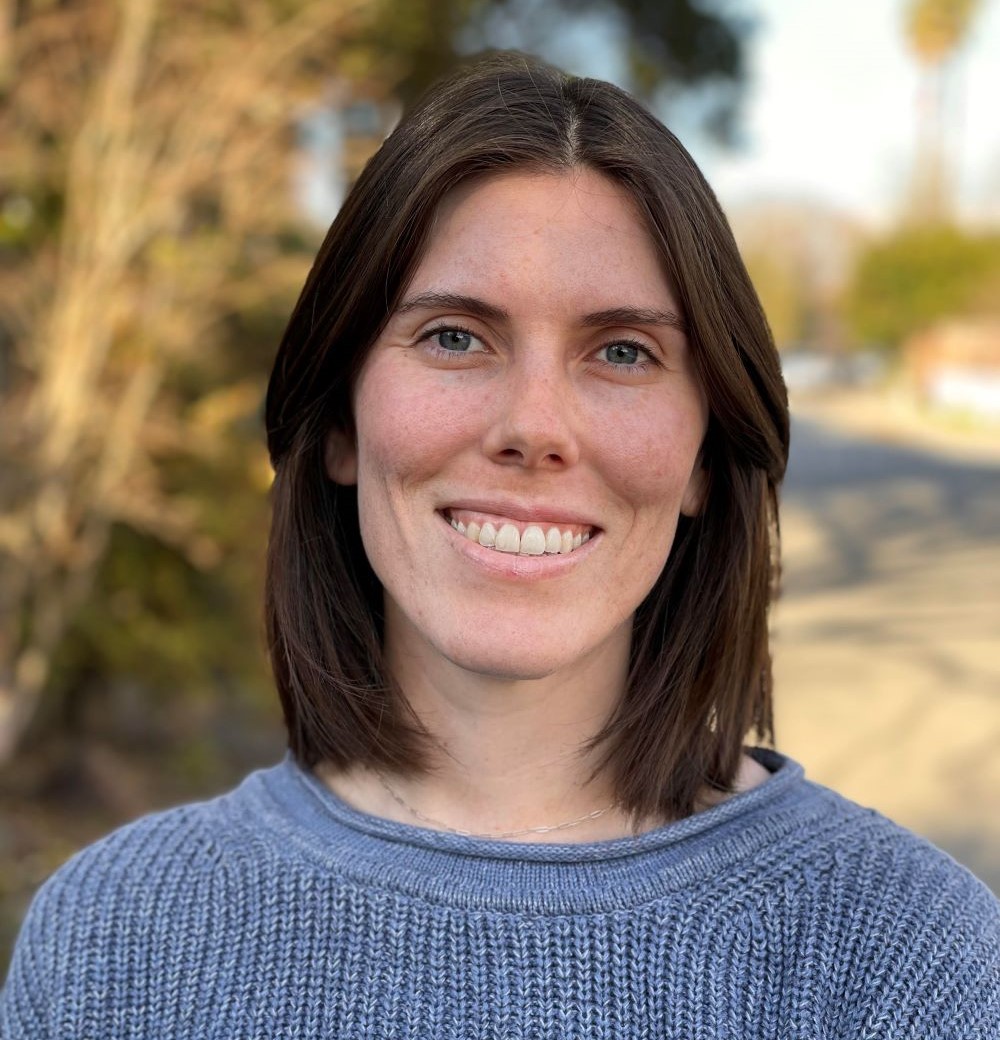ADHD Content Creator and Clinician Interviews
Project Year: 2023 - 2024
Research Questions
- How are social media communities empowering people with ADHD?
- What gaps are online communities filling that are not being met by healthcare systems?
- What role does the ADHD social media community play in diagnosis and how is self-diagnosis perceived within these communities?
Methods
- Semi-structured interviews
- Recruitment via purposive and snowball sampling
- Interpretative Phenomenological Analysis
Content Creators
- 14 social media content creators (5 full-time)
- All identified as ADHD
- 10 female 3 male, 1 non-binary
- US, UK, Canada, Spain
Clinicians
- 13 clinicians who work with ADHD adults
- 7 Clinical Psychology PhDs, 2 Clinical Psychology PsyDs, 4 LICSW, 1 LPCC, and 1 LMFT
- 9 female, 2 non-binary, 1 gender fluid, and 1 male
- 12 identified as neurodivergent
Main Takeaways
Potential implications and reflections for the design of technology based on interviews with content creators include:
- Affirming and Community-Centered Research: Further recognition of and research on supporting neurodivergence through the adoption of the Neurodiversity Paradigm within tech design. Adopting a trauma-informed lens pushes researchers to examine their own biases and prioritize the safety of the communities they work with. Centering community knowledge and experiences should be the default. Prioritizing the actual needs of neurodivergent individuals will allow us to create impactful technology that supports true needs rather than ones defined by outsiders.
- Prioritization of interdependence over independence: While there are times for individual solutions within assistive technology, community is powerful, and connecting neurodivergent individuals provides invaluable support.
- Support for self-diagnosis: Algorithmic platforms allow for discoverability, however, this is limited to platform-specific users and may vary across apps. Broadening participant pools by not requiring a diagnosis and recruiting off symptomatology may expand the reach of assistive technologies. How can technology be further utilized to support self-diagnosed individuals?
- Reflection on relationships with healthcare systems: Formal support for neurodivergent communities is clearly lacking and biased toward certain demographics and presentations. Further work should consider how technology can further be implemented to empower people in healthcare situations. Marginalized groups cannot always self-advocate with clinicians for fear of dismissal and medical gaslighting. How may technology improve access to professional support or challenge ableist norms within the medical system?
- Social media best practices: How may we, as technologists, partner with communities to navigate the ethics of healthcare professionals’ presence on social media to ensure transparency and balanced power dynamics? Social platforms are being leveraged for destigmatization and awareness, however, there are clearly areas for improvement around misinformation from both clinicians and non-clinicians.
- Lifetime of sociotechnical systems: How can we support and maintain safe online spaces, given the ever-evolving landscape of social media platforms? We have seen shifts in our own ability to access social media data as researchers. What does the future of social media research look like as people grow wary of data collection and use?
- Stepping back from novel technological solutions: How may we improve already adopted technology and social media platforms that have broad reach and membership?
Results from interviews with 13 mental health providers involved in assessment of ADHD and therapeutic services for ADHD and ND clients carry several broader implications, spanning clinical practice, client-provider interactions, affirming practices, and social media.
- Issues with the DSM: Mental healthcare providers expressed aversion towards the DSM, highlighting its limitations in capturing the diverse range of human experiences and its perpetuation of stigma through its deficit-framing. The DSM was criticized for its lack of evidence-based criteria, instead being based on consensus stemming from outdated beliefs about ADHD. Skewed understanding of ADHD based upon limited training received lead to dismissal of people not presenting with “typical” characteristics and furthering the underdiagnosis of ADHD. There is additional systemic bias in clinicians who don’t recognize their own limited understanding of ADHD.
- Provider Expertise: Participants highlight the need for specialized training in ADHD assessment and recognition of the nuances in symptom presentation, especially in historically marginalized populations. Outdated beliefs about neurodivergence lead to dismissive attitudes towards ADHD symptoms, especially in high-achieving individuals. This lack of understanding contributes to misdiagnosis and mistreatment within the mental healthcare system.
- Misdiagnoses: Many healthcare providers had experience with clients who had prior misdiagnoses, often in non-cis male and non-white populations. They emphasized the importance of differential diagnosis to distinguish ADHD from other conditions with overlapping symptoms, such as anxiety, depression, or trauma-related disorders.
- Affirming Care: Most participants described coming from a neuroaffirming perspective in their assessments and/or therapeutic practice. Preparing clients ahead of time and allowing them to be as comfortable as possible can ease fear around the diagnostic process. Many instruments utilized for assessment still use outdated and nonaffirming language, or can be triggering (e.g., loud, repetitive noises on Continuous Performance Tests). Providers with expertise of ADHD shared how they have moved more toward clinical interviewing that prioritizes self-report and ND lived experiences over traditional tools (e.g., IQ testing).
- Self-Diagnosis: Participants understood, and primarily supported, self-diagnosis of ADHD. Self-diagnosis empowers people and allows individuals to identify with neurodivergent communities and seek relevant support, especially when formal diagnoses is inaccessible or unaffordable, as is often the case. Additionally, while formal diagnoses can be validating for some, they are not wholly necessary unless wanting to seek workplace accommodations or medication. For those who have been dismissed by healthcare providers or have fear of experiencing this, self-diagnosis can still lead them to support systems and strategies they can implement on their own.
- Social Media: Social media platforms have afforded ADHDers (those who are diagnosed, undiagnosed, suspecting etc.) space to spread awareness of ADHD, destigmatize neurodivergence, provide education and useful tools, and foster community. Connections and reliability online make people feel less alone and find comfort in a sense of belonging. Online communities provide shared language to capture their experiences and demystify the diagnostic process.
